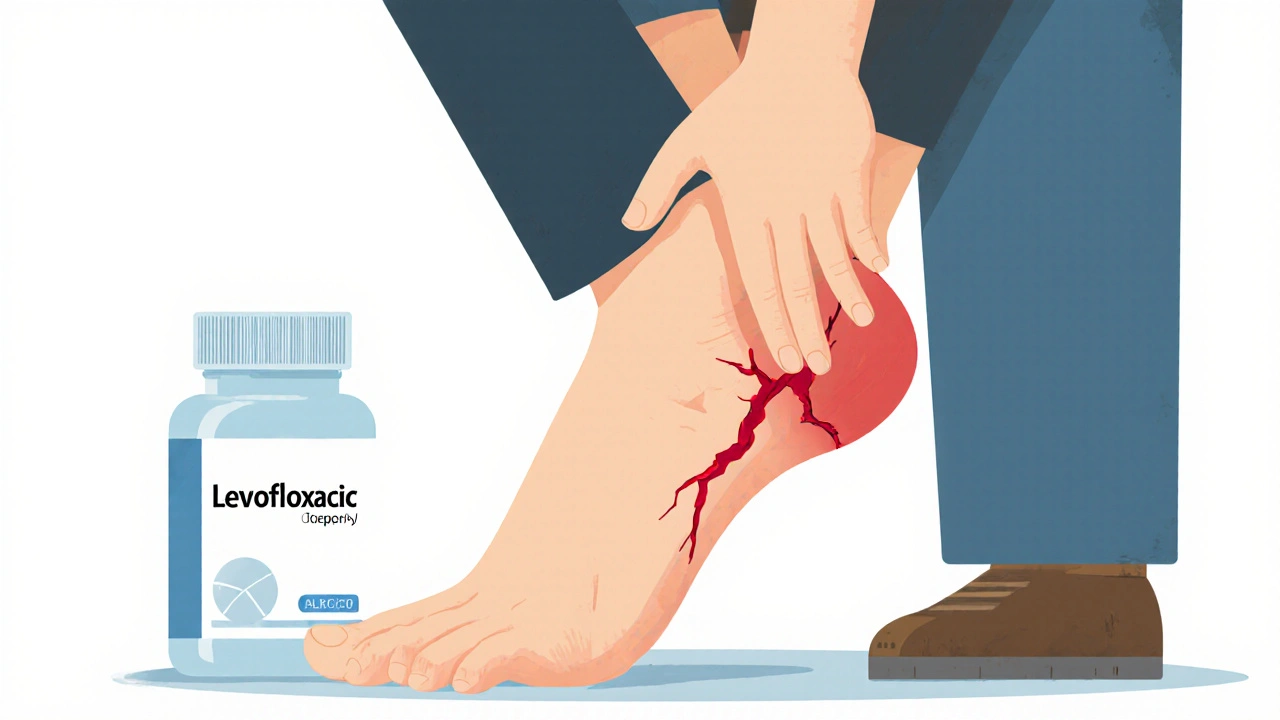Ciprofloxacin Risks: What You Need to Know Before Taking This Antibiotic
When you’re prescribed ciprofloxacin, a broad-spectrum fluoroquinolone antibiotic used to treat bacterial infections like urinary tract infections, pneumonia, and anthrax exposure. Also known as Cipro, it works fast—but it’s not harmless. This drug doesn’t just kill bacteria; it can also damage your tendons, nerves, and even your aorta. The FDA has issued multiple black box warnings for ciprofloxacin because the risks aren’t theoretical—they’re documented in real patients.
One of the biggest dangers is tendon rupture, a sudden, often painless tear that can happen even after you’ve finished taking the drug. It’s most common in people over 60, those on steroids, or with kidney problems. You might feel a pop in your heel or shoulder, and suddenly you can’t walk or lift your arm. Peripheral neuropathy, nerve damage that causes burning, tingling, or weakness in hands and feet can be permanent. Some people report these symptoms within days of starting ciprofloxacin. And if you have a history of heart issues, this drug can increase your risk of aortic aneurysm, a dangerous bulge in the main artery that can rupture without warning.
It’s not just physical damage. Ciprofloxacin can mess with your mood, cause severe diarrhea from C. diff infection, and interact dangerously with antacids, blood thinners, and even caffeine. If you’re taking it for a minor infection—like a simple bladder infection—you should ask if a safer antibiotic exists. Many doctors still reach for ciprofloxacin because it’s cheap and widely available, but newer studies show it’s often overused. The CDC recommends saving fluoroquinolones like this for serious, life-threatening infections only.
What you’ll find in the posts below are real, practical guides from people who’ve dealt with these risks firsthand. You’ll read about how to spot early signs of nerve damage, what to do if you feel sudden pain in your tendons, and which medications to avoid mixing with ciprofloxacin. There’s also advice on how to talk to your doctor when you’re unsure if the benefits outweigh the dangers. This isn’t about scare tactics—it’s about making informed choices. You deserve to know what you’re putting in your body, especially when the side effects can last longer than the infection itself.
